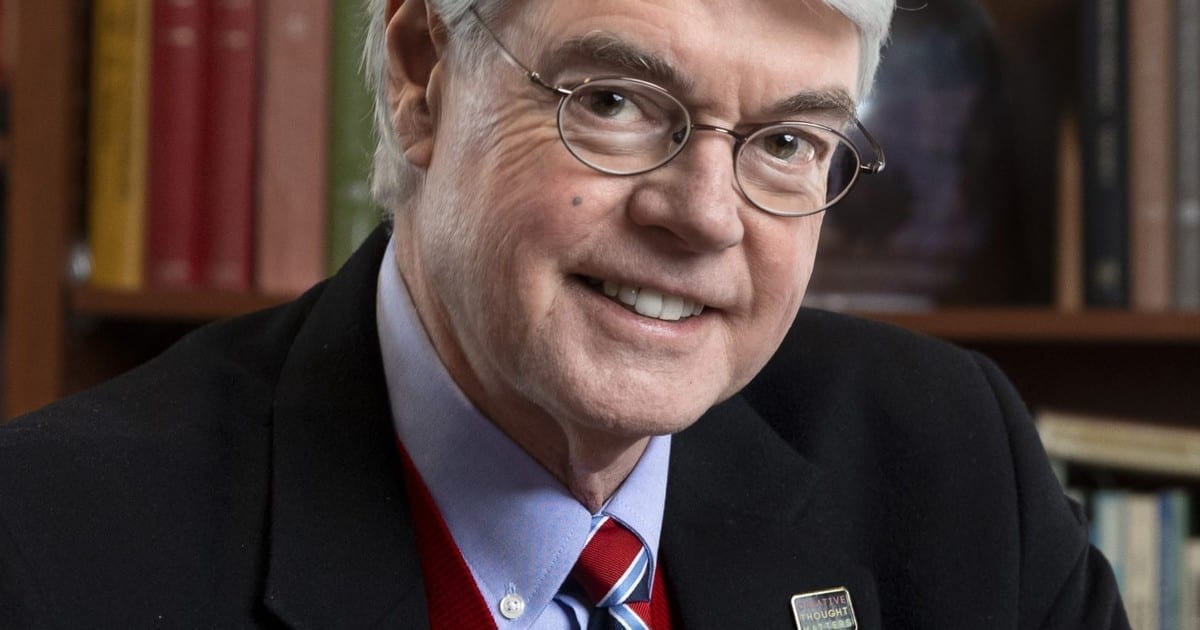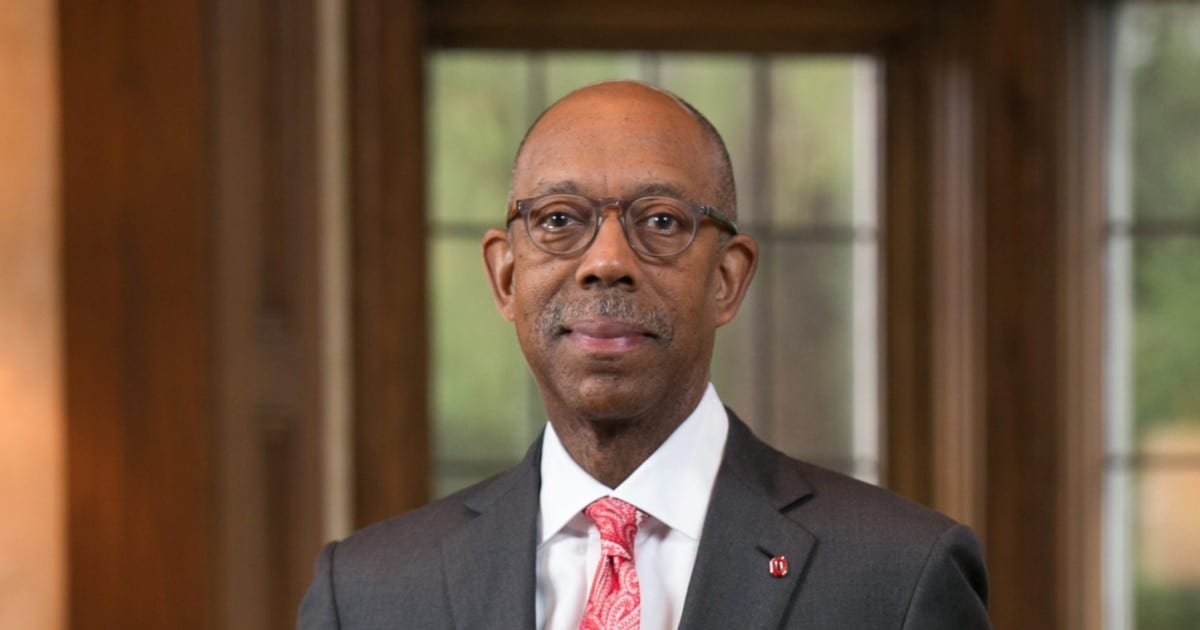If it were not already top of mind for those worried about mental health amidst the Coronavirus pandemic, Congressman Joe Kennedy, III, D- Massachusetts, is crafting legislation that he says will be the “North Star” for a mental health system that many believe is off course.
“For far too long, mental illness has been under-researched, undertreated, and over stigmatized,” said Kennedy who is currently running for one of Massachusetts’ U.S. Senate seats. “As a result, our mental health system is reactive instead of proactive; treating patients when they are in crisis instead of incorporating services and screenings earlier in the continuum of care. This has led to high demand and insufficient services.”
In early 2020, Kennedy began a listening tour across the state where he and his policy team visited different patient care sites to gain a better understanding of the current gaps and barriers that exist in the mental health system. He said that the visits helped identify the need for both widespread system reform and system improvements.
“With the lessons we learned in mind, we have been crafting legislation to provide a comprehensive solution to our mental health system. This bill is meant to be an all-inclusive bill to address all the challenges faced throughout the system.”
One of the stops on the tour was with experts in teen and young adult behavioral health, an area of focus in the upcoming legislation.
The event, hosted by Christie Campus Health, a behavioral health services company, was held on February 18, 2020 in Boston and included a number of Massachusetts mental health and education experts, including those in clinical services, public schools, community organizations and college and universities.
Following an introduction from University of Massachusetts President Marty Meehan, Kennedy asked the experts what reforms out of Washington can help address the mental health crisis for teens and young adults, including college students. Kennedy said he wants to fix mental health the right way through a holistic, integrated public health approach to restructure government and publicly-funded systems so that they effectively serve the behavioral health needs of all Americans.
Participants agreed that the current systems in place are not sufficient to meet the unprecedented need.
Topics of discussion included a number of issues including: the need for life skills training, lack of meaningful connection among young adults; the wide-spread work force shortages in mental health; lack of equity in terms of mental health resource access; complex and unique challenges some face at the intersection of diversity, inclusion, and mental health; and the overlap of young adults who struggle with homelessness, food insecurity, and mental health concerns.
Kennedy said that stigma and misperception continues to mar progress in the detection and early addressment of mental health issues.
“When we put the mental health crisis in the spotlight, it is almost always associated with tragic school shootings or acts of violence. This association simply does not exist and serves to further stigmatize mental and behavioral health conditions that many are experiencing.
“We need to finally address all the barriers and challenges in our mental health system, make historic financial investments, and acknowledge that mental and behavioral health care is a priority in health care.”




